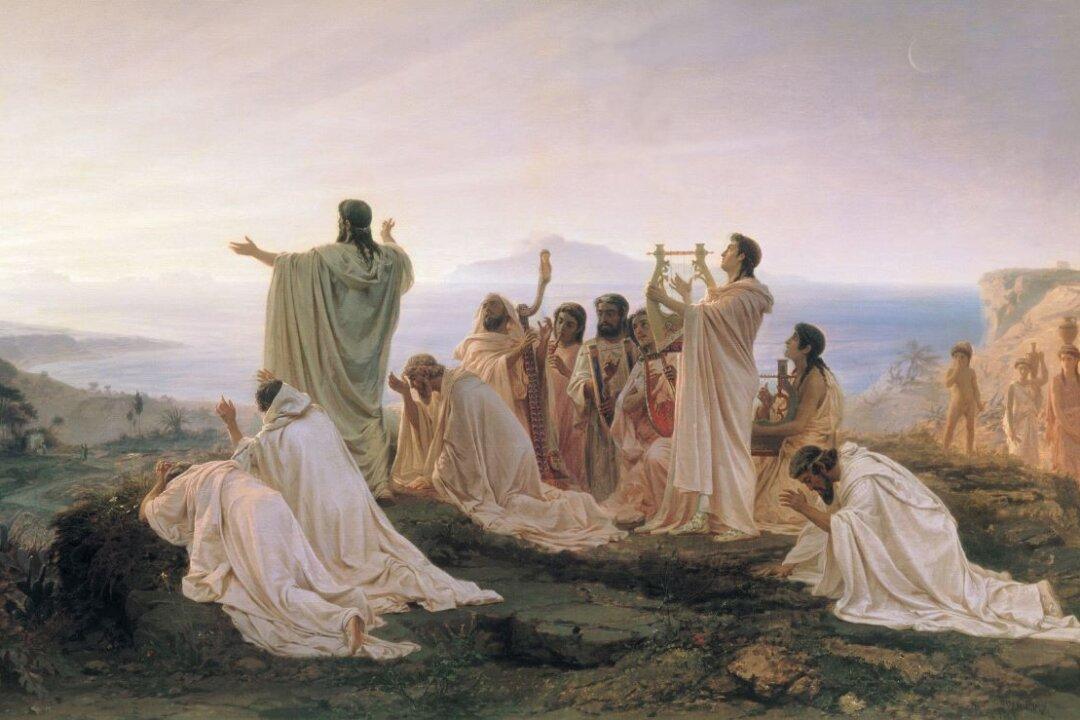James Sale, a contributor to The Epoch Times, has been writing poetry for more than half a century. It was eight years ago that he began his epic poem, “HellWard.” There, he guided readers through the imagined levels of a hospital ward, inspired by his own real-life battle with cancer.
Along the way, the main character, a fictionalized version of the author, encountered condemned figures whose actions have harmed the common good. The tone of the poem emphasizes horror, as the characters are all suffering brutal punishments for their sins.





